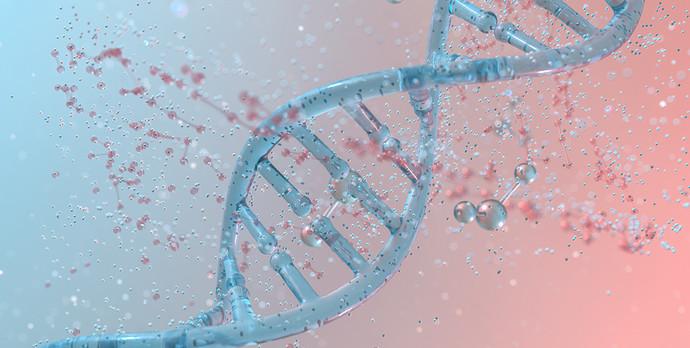
Microorganisms are everywhere in the earth, hidden in people's skin, intestines and soil, rivers, oceans and other environments, forming a complex microbiome community. Traditional microbiome research is conducted separately according to different habitats, and it is impossible to describe the interconnection of microbial communities in different habitats from a global perspective.
Luis Pedro Coelho, a young researcher at the Institute of Brain-Like Research of Fudan University, Professor Zhao Xingming, and Professor Emeritus Pierre Burke have cooperated with scientists from Germany, Spain, the United States, the United Kingdom and other countries to conduct research, using microorganisms from different habitats on the earth as a unified system, using artificial intelligence technology to excavate 13,000 public metagenomic samples, constructing the most comprehensive global microbial gene catalog to date, taking an important step for global microbiome research. In the early morning of December 16, 2021, the relevant research results were published in nature in the form of a long article.
Luis Pedro Coelho
【The most comprehensive global microbial gene catalogue to date】
Gene catalogs are important for describing the species composition and functional characteristics of microbial communities. Since the European Molecular Biology Laboratory and BGI Genetics constructed the first human gut microbial gene catalog in 2010, the emerging microbial gene catalog has provided important clues for the study of human physiology and disease.
The Global Microbial Gene Catalog covers the main habitats of 14 microorganisms such as the gut, mouth, skin, ocean, soil, etc., collects 13,174 publicly available high-quality metagenomics and 84,029 high-quality genomes, obtains 303 million species-level genes, and constructs the most comprehensive global microbial gene catalog to date, which will provide important contributions to earth ecological research and human health research.
【Revealing the important association between microbial genes and habitat environment】
The study found that most genes are habitat-specific, which is consistent with the traits of microbes that tend to adapt to the environment; only 5.8% of the single gene clusters at the species level are multi-habitat genes, and multi-habitat genes are mainly enriched in antibiotic resistance genes and mobile genetic originals.
This is important for understanding the emergence of antibiotic resistance, as well as the future development of antimicrobial drugs.
【Multidisciplinary International Research Team】
The biomedical artificial intelligence team of the Institute of Brain-like Research of Fudan University focuses on the intersection of artificial intelligence and biomedicine, and has introduced a group of outstanding scholars at home and abroad since 2018. In recent years, a series of artificial intelligence algorithms have been developed around the characteristics of biomedical big data, which have been successfully applied to scenarios such as brain-intestinal axis, brain development and brain diseases. In 2020, the team won the first prize of Wu Wenjun Artificial Intelligence Natural Science.
As the first author and co-corresponding author of the paper, Coelho joined Fudan full-time in 2018. As the leader of the biomedical artificial intelligence team of the Brain-like Research Institute, Professor Zhao Xingming introduced that cutting-edge science is increasingly breaking through the boundaries of disciplines and requires a global vision and a global vision. In the next step, the team will also cooperate with domestic and foreign research institutes and clinical medical institutions based on the developed gene catalog to explore the impact of microorganisms, including human gut microbes, human life health, brain cognition and behavior.